“[There’s] this link between place, spirit, cosmos, soil, plants, people and how it’s all bound together,” explains Robin Snowdon, a biodynamic winemaker working out of Limeburn Hill Vineyard near Bristol. For Snowdon, biodynamics doesn’t stop at viniculture and agriculture; he describes it as “not only how we [himself and partner Georgina Harvey] want to grow grapes, but how we want to live”.
Biodynamic winemaking has had a short but impactful history in the UK, specifically England and Wales. While vineyards have been utilising aspects of organic and biodynamic practices for decades, in 2010 Sedlescombe Vineyard in East Sussex released the UK’s first ever certified biodynamic wine. While their scale remains small (many are operating off no more than a few hectares and producing at the most around 2,000 bottles a year), these winemakers’ vision is substantial.
Stemming from the work of Austrian pedagogue, philosopher and spiritualist Rudolf Steiner in the 1920s (and pre-dating the organic movement by two decades), biodynamics is a fiercely sustainable form of agriculture.
While biodynamic and organic winemaking have much in common, they also differ in several areas. The most notable of these is biodynamics’s core pursuit of ensuring that the land upon which the grapes are grown is a “self-sustaining organism”.
What this means in practice is that while many winemakers will focus solely on vines, biodynamic winemakers will place a near-egalitarian focus on the other wildlife that exists alongside. At Domaine Hugo in Wiltshire, winemaker Hugo Stewart has planted over 20 species of herbs, legumes, grass and clovers, explaining that their purpose is to enliven the soil in which the vines grow, and adding that: “the life in the wine comes from the life in soil.”
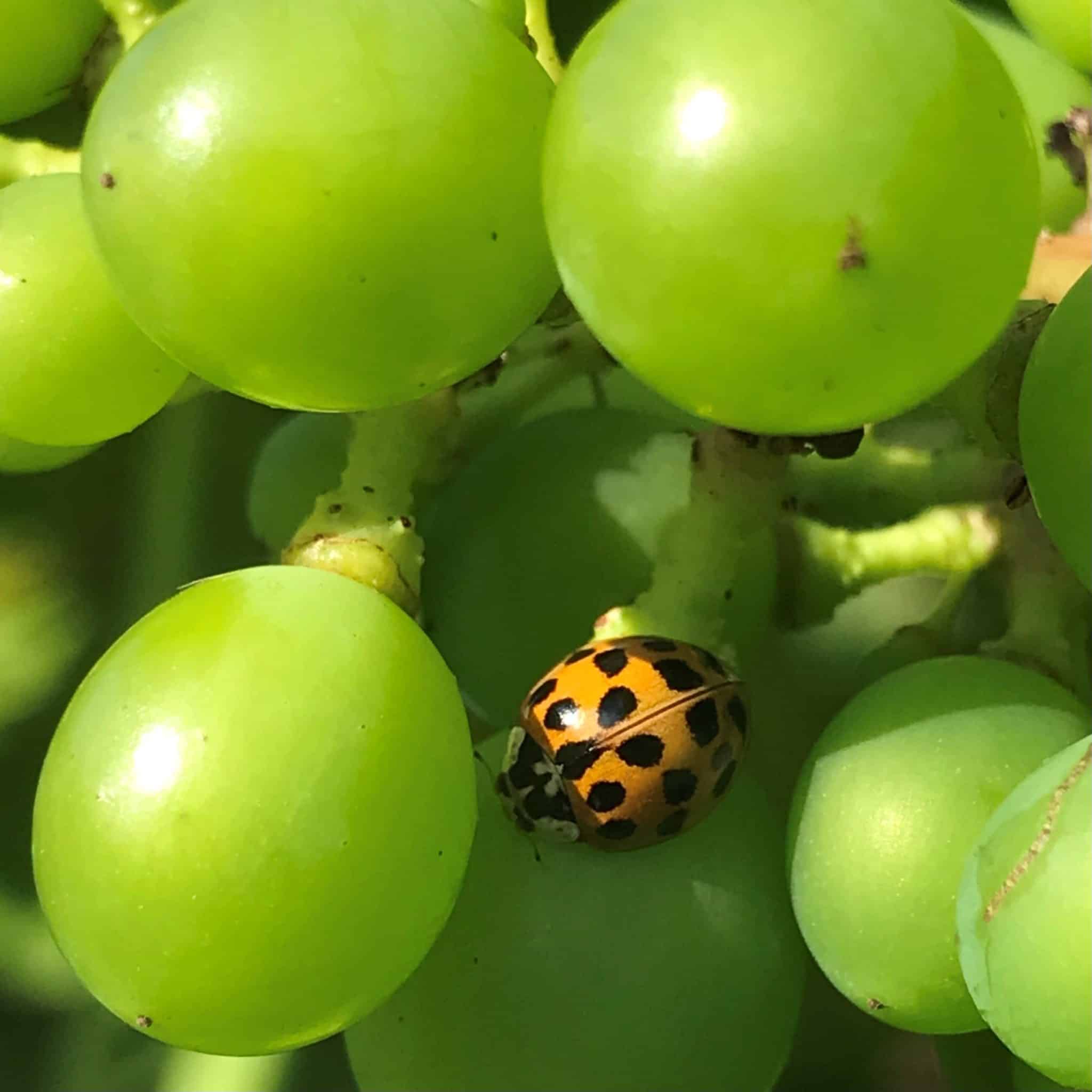
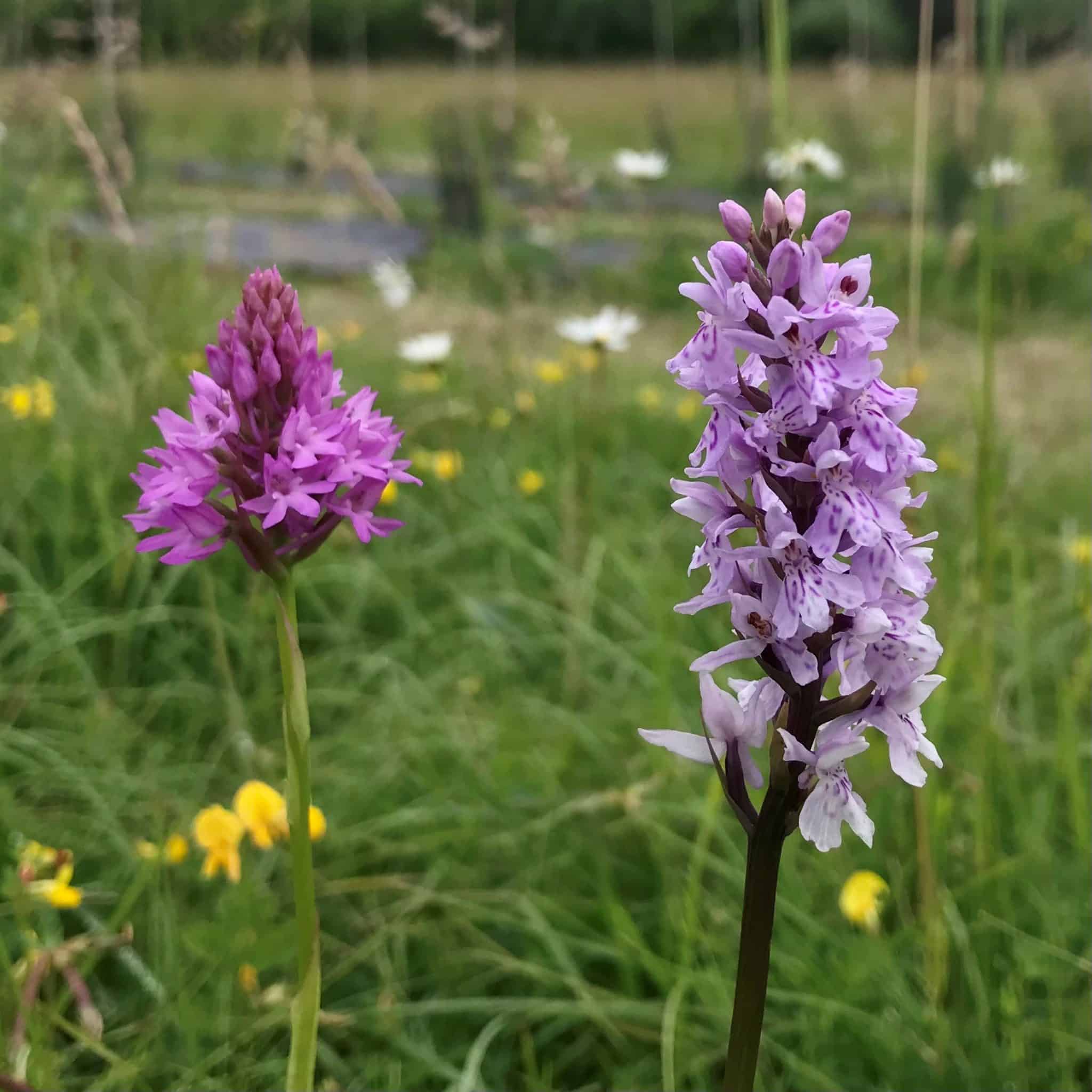
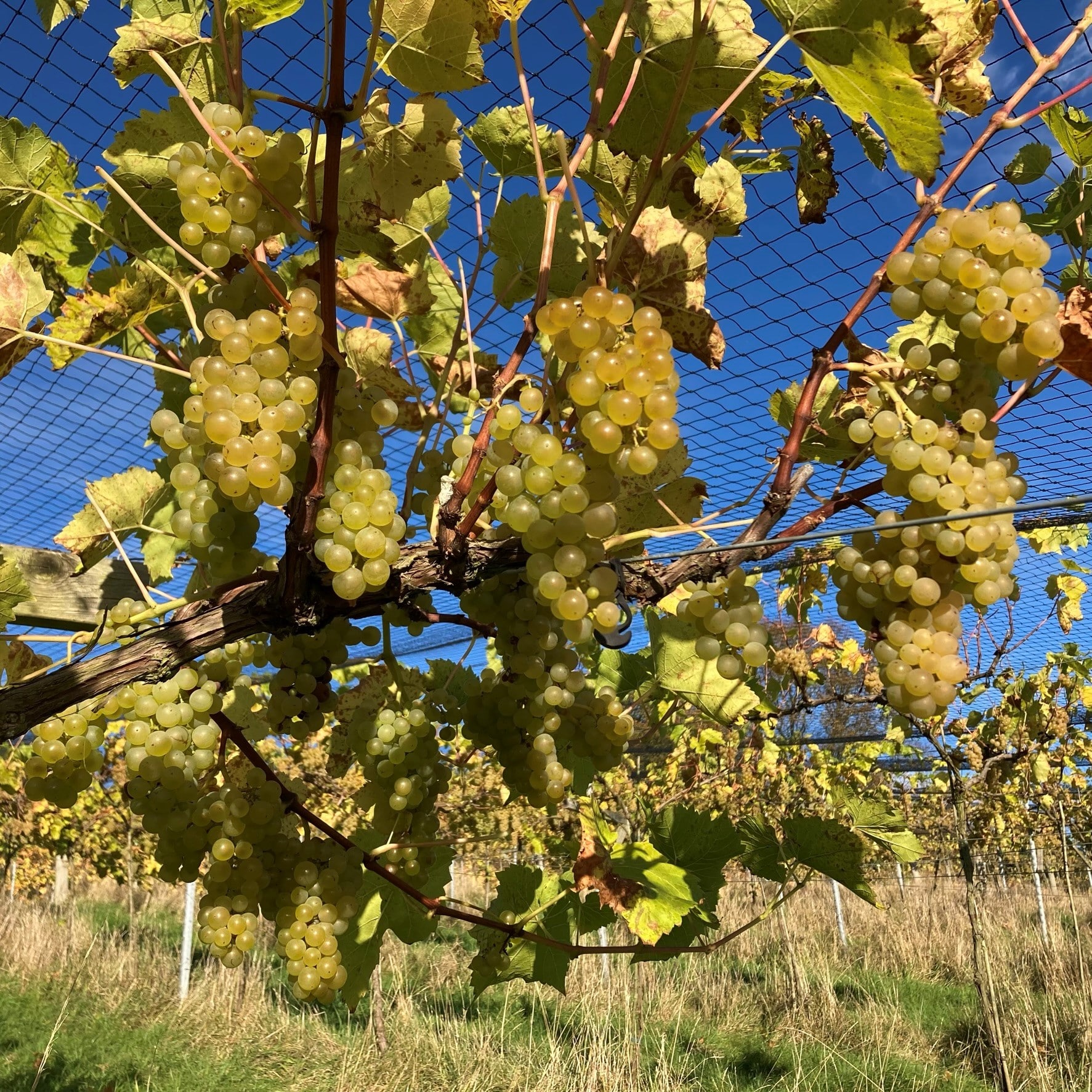
Biodynamic certification, via Demeter International, is dependent on the landholder guaranteeing that at least 10 per cent of the land is dedicated solely for biodiversity to flourish, and that growers take “proactive steps” to improve the life of the soil.
The benefits of this also seep into the wine. Liam Colucci, head sommelier at zero waste restaurant Silo London, notes that: “When you get wines that grow in fields of herbs, they end up tasting herbaceous – and that’s without me knowing that herbs were growing there.”
Another core element of biodynamic winemaking is the use of preparations. Divided into two categories (sprays and compost), these range from oak bark, to dandelions, to cow manure, and are used in a range of different settings. One of the more queried elements of biodynamics is its famed cow manure preparation, which is fermented inside a cow horn buried in the soil over the winter. Once dug up, it goes through by a rigorous stirring process in water, ending with it being sprayed across soil or vines.
Biodynamics also differs significantly from traditional winemaking in its focus on the rhythms of the moon and the sun; notably, tasks like the bottling of wine occur within the intricate biodynamic calendar.
Charles Carron Brown, sommelier and restaurant manager at Aulis in London, notes that biodynamic practices are often at the heart of wines made in some of the most esteemed wine regions in world such as France’s Champagne and Italy’s Barolo. While certification represents the gold standard, many wineries including those from much loved regions such as Puligny-Montrachet in Burgundy are using aspects of biodynamic or organic practice, but for various reasons choose not to go through certification processes.
When you get wines that grow in fields of herbs, they end up tasting herbaceous – and that’s without me knowing that herbs were growing there. Sommelier Liam Colucci
For Carron Brown, the appeal of biodynamics to both drinkers and winemakers lies in wider trends across the world: “We’re now moving into a time where regenerative viticulture is really important,” he says, adding a sentiment echoed by the winemakers: “It’s not so much what you can take from the land but what you can give back to it.”
But despite its recognised link to high quality, the prevalence of biodynamic vineyards in the world is relatively low. In 2018, there were estimated to be 616 certified biodynamic wineries globally, covering more than 20,254 acres. In comparison the number of vineyards in the world is around 18 million acres.
In the UK there are currently three certified biodynamic vineyards, as well as several others using organic and some elements of biodynamic practices. The wider biodynamic movement in the UK is not much larger. Out of the estimated 192,000 farms in the UK, there are just under 100 holdings officially certified as biodynamic according to The Biodynamic Association UK. By comparison, there are just over 5,700 certified organic producers and processors in the UK.
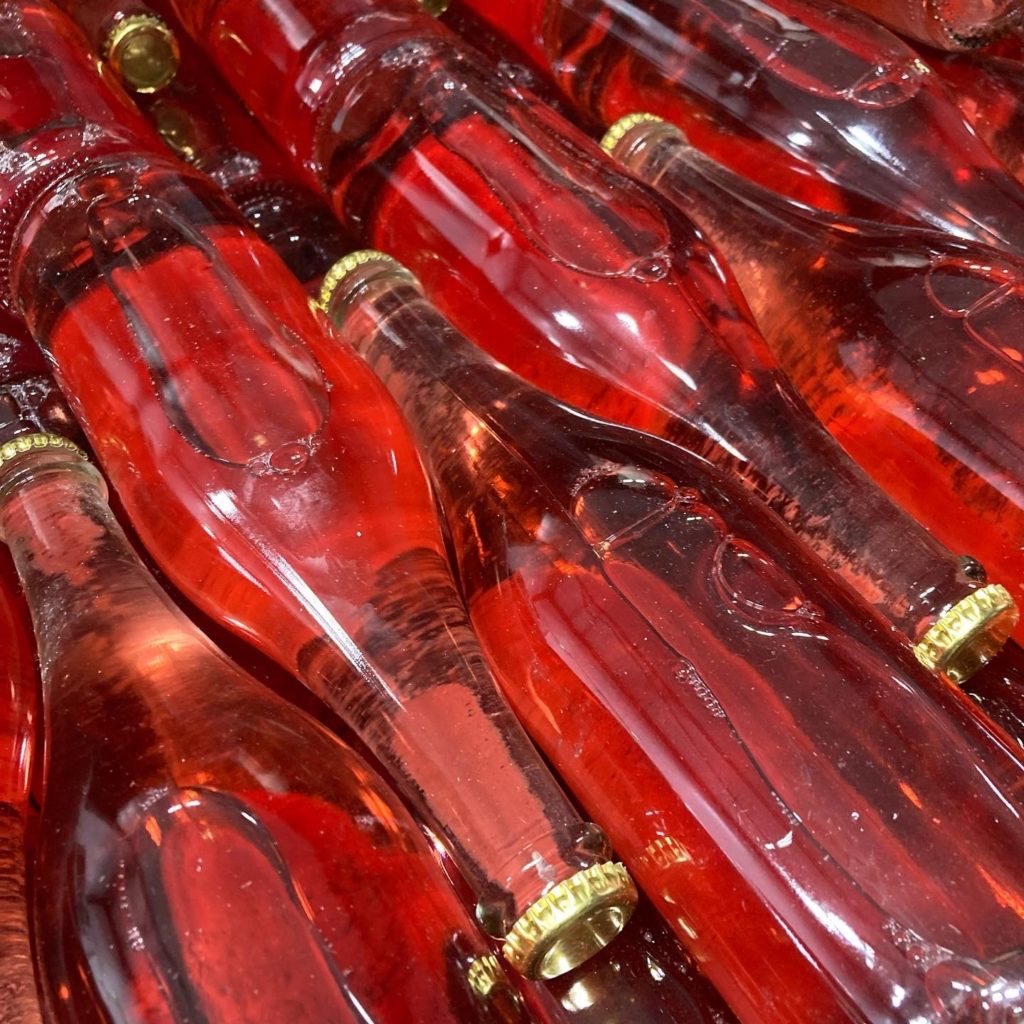
For Gabriel Kaye, executive director of The Biodynamic Association, the growth in biodynamic winemaking is simple: “People are realising that with the chemicals, they’re losing out on the terroir.” Terroir describes the impact that a natural environment (soil type, typography and climate) has on a wine.
Can you taste what makes a biodynamic wine different to others? Isabelle Lynch, sommelier at private chef platform Yhangry, argues that the difference between a biodynamic and non-biodynamic wine is not so much taste, as quality. “You never get a bad biodynamic wine,” she argues, “because what you go through when making a truly biodynamic wine is such a hard process.”
What makes biodynamics different is the connection between the person that works the land, and the land. Winemaker Robin Snowden
Inevitably, this focus on growing comes at a price, and biodynamic wines do cost more than those of mass-produced wines, which will often be made in much larger quantities in and more mechanised settings. The labour involved is often significant – wine professional Mike Turner, who focuses on promoting biodynamic wines, notes one biodynamic winemaker in France who on average walks 30,000 steps (13.3 miles) a day. Lynch concurs: “People who run biodynamic vineyards are mad – they work harder than anyone else I’ve met in my entire life.”
Back to Robin Snowdon at Limeburn Hill, his motivation is not to make tens of thousands of bottles, but to spread the message. His goals are to bring in enough money to live off the land, and spread the word about biodynamics as a winemaking method.
Describing his biodynamic practice, Snowdon sets out his stall beautifully: “[What] makes biodynamics different is the connection between the person that works the land, and the land.”

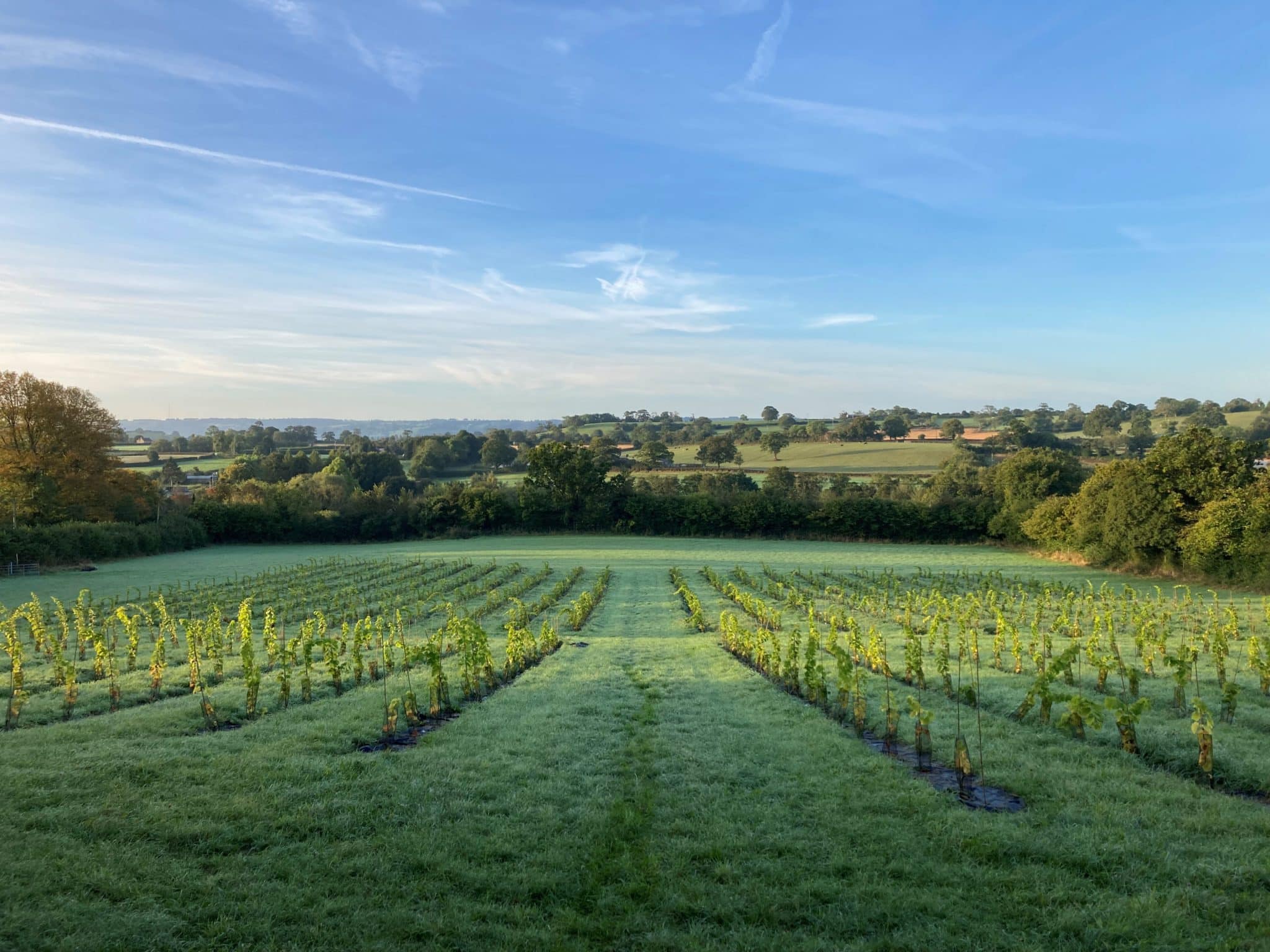







This story is both fascinating and inspiring, but lacks important information: Where to shop for biodynamic wines? I am especially interested in supporting by buying wine from nearby Limeburn Hill Vineyard. Will Riverford sell these wines?
Not only wines but one UK biodynamic is a whisky maker. Look at the UK biodynamic site for info. Or https://vidawines.co.uk/product-category/wine/bio-wines/?gclid=Cj0KCQjwlK-WBhDjARIsAO2sErRlADi5CAfyv04zjmR-yW8sX6u3FM5AK2HXzMjs4kGG3TKTJXJ7-vIaAkojEALw_wcB. We attempt to be biodynamic on our farm producing vegetables, not wine sadly. Copper tools are another item that gets a big thumbs up from BD growers even Charles Dowding uses BD methods and copper tools. ❤️